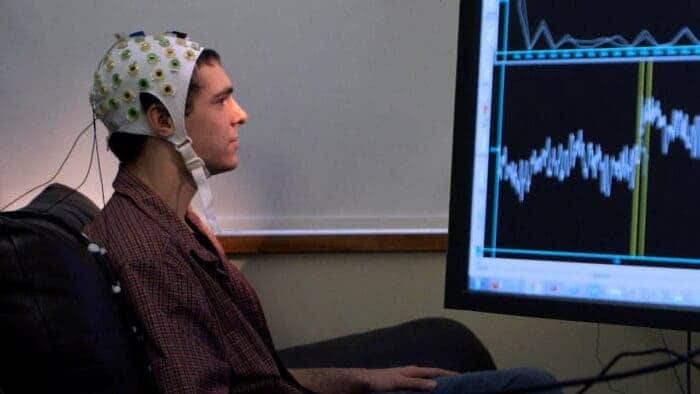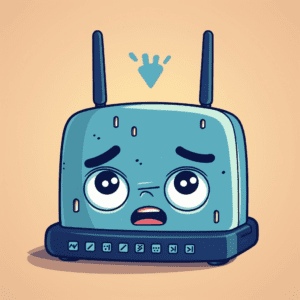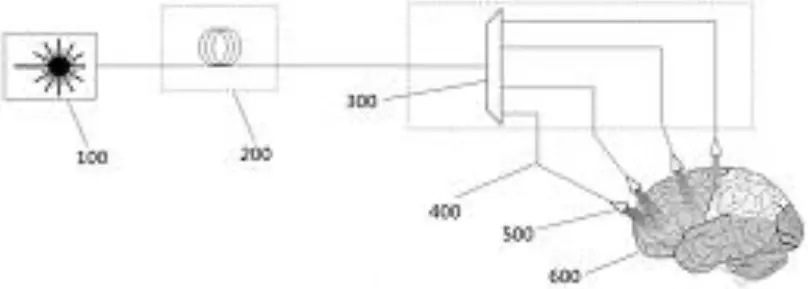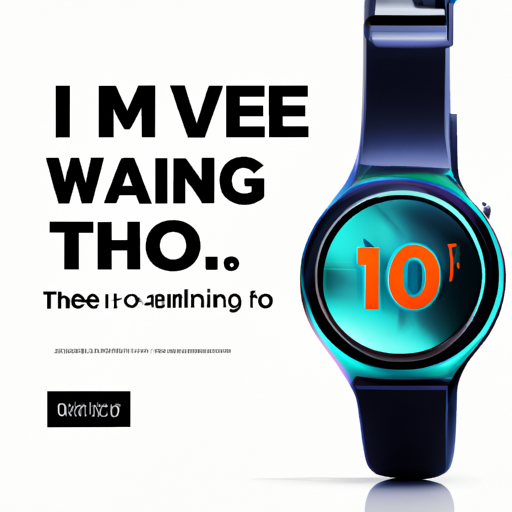Decoding Huawei's Latest Revelation: A Cutting-Edge Brain-Computer Interface Patent

Huawei, a Chinese multinational tech company, has recently announced a new patent for a brain-computer interface (BCI) network application, marking a significant breakthrough in the field of BCI. The patent, with application number CN116350174A, was filed in China under the title "brain-computer network application." In this article, we will delve into the details of Huawei's groundbreaking patent and explore its implications for the future of BCI.
 Get a Free Speed Boost on Your Internet Connection: The One Surprising Trick Virgin Media Users Need to Try Now
Get a Free Speed Boost on Your Internet Connection: The One Surprising Trick Virgin Media Users Need to Try NowWhat is a Brain-Computer Interface (BCI)?
A brain-computer interface (BCI) is a system that enables direct communication between the brain and an external device, such as a computer or a prosthetic limb. By detecting and interpreting brain signals, BCIs can translate them into commands that control the device. This technology has the potential to revolutionize human-computer interaction, particularly for individuals with disabilities who may face challenges using conventional input devices.
Huawei’s New Patent for Brain-Computer Interface
Huawei's new patent for a brain-computer network application represents a significant step forward in the field of BCI. The patent outlines a non-invasive system that utilizes a network of sensors to detect brain signals. These signals are then transmitted to an external device. The patent also describes a method for analyzing brain signals to determine the user's intent, an essential aspect of BCI development as it allows individuals to control external devices using their thoughts. Additionally, the system is designed to be adaptable and customizable to cater to various user needs.
 Is your Wi-Fi speed being murdered? The common mistake all BT broadband users must check today
Is your Wi-Fi speed being murdered? The common mistake all BT broadband users must check today
The patent abstract reveals that this innovation incorporates elements from the Internet of Things (IoT). It includes a light source, a time domain delay module, a wavelength-dependent optical splitting module, a sensor network, and a sensor front end. These components work in synergy to enable the transmission of pulsed light trains to the target brain for information acquisition.
 A Disturbing Bug in a Popular Android App Has Led Google to Take Drastic Action: Check Your Phone Now!
A Disturbing Bug in a Popular Android App Has Led Google to Take Drastic Action: Check Your Phone Now!Implications for the Future of BCI
Huawei's new patent for a brain-computer network application holds tremendous potential for transforming the way humans interact with technology. BCIs could revolutionize various industries and fields:
- Medical Research: BCIs are already being used in medical research to study brain function and develop treatments for neurological disorders.
- Gaming: BCIs can enhance the gaming experience by providing more immersive and intuitive controls.
- Assistive Tech: BCIs can empower individuals with disabilities to control external devices, such as prosthetic limbs, and improve their quality of life.
- Communication: BCIs could offer an alternative communication method for people who are unable to speak or use traditional chat methods.

 Phones LTD Offers Samsung S23 Ultra EE Deals with Complimentary Galaxy Watch5
Phones LTD Offers Samsung S23 Ultra EE Deals with Complimentary Galaxy Watch5Challenges and Limitations
While BCIs have the potential to revolutionize human-computer interaction, there are challenges that need to be addressed for their successful implementation:
- Accuracy: BCIs must accurately detect and interpret brain signals, a complex task due to the brain's constant changes.
- Invasiveness: Some BCIs require invasive surgical procedures, posing risks and significant expenses. Non-invasive solutions, like the one described in Huawei's patent, may offer a safer alternative but could sacrifice accuracy.
Final Words
Huawei's new patent for a brain-computer interface device and information acquisition method has the potential to revolutionize human-machine interaction. This technology could have a profound impact on industries such as medical research, gaming, and assistive tech. As development progresses, it will be fascinating to witness the evolution of this technology and the new applications it enables. BCIs represent an exciting area of research that has the power to positively transform lives.
 Discover the Samsung S23 Ultra EE Deals with Phones LTD: Don't Miss the Chance to Receive a Complimentary Galaxy Watch5!
Discover the Samsung S23 Ultra EE Deals with Phones LTD: Don't Miss the Chance to Receive a Complimentary Galaxy Watch5!Follow our Telegram channel for more tech updates: Life Recharged
If you would like to know other articles similar to Decoding Huawei's Latest Revelation: A Cutting-Edge Brain-Computer Interface Patent updated this year 2025 you can visit the category Breaking Tech News.


Leave a Reply